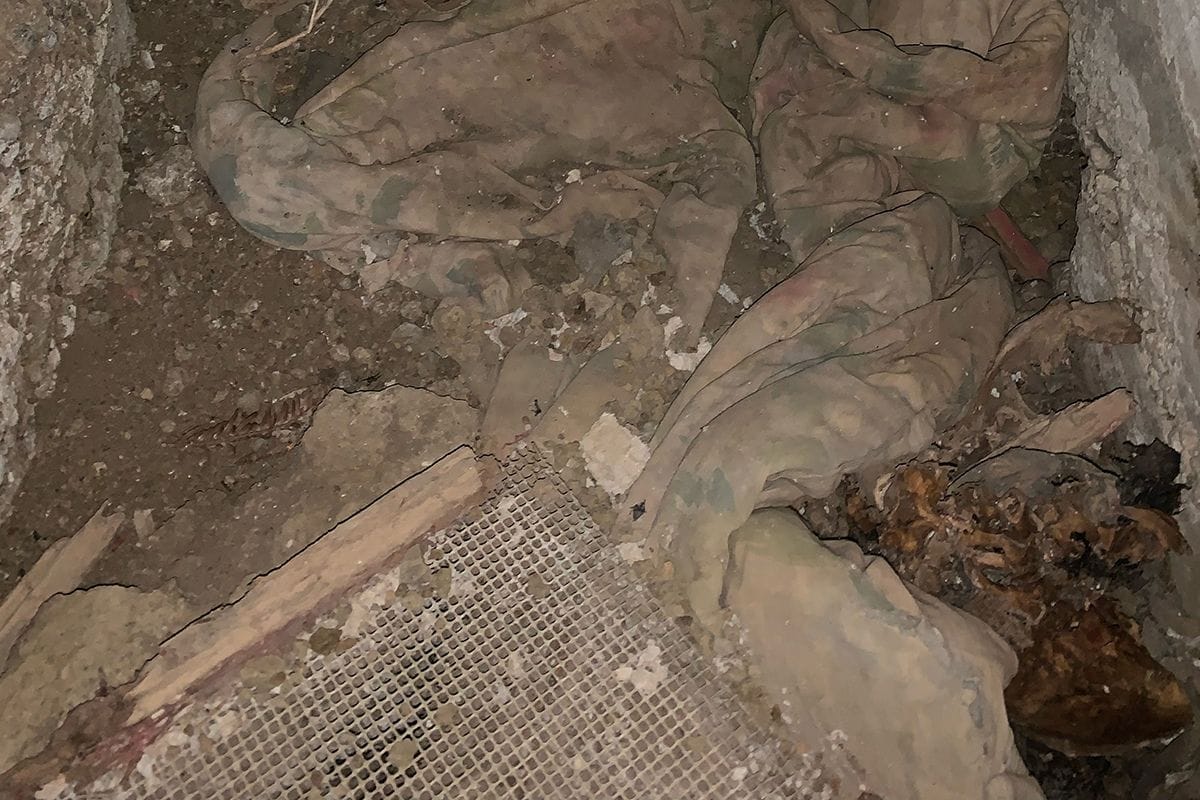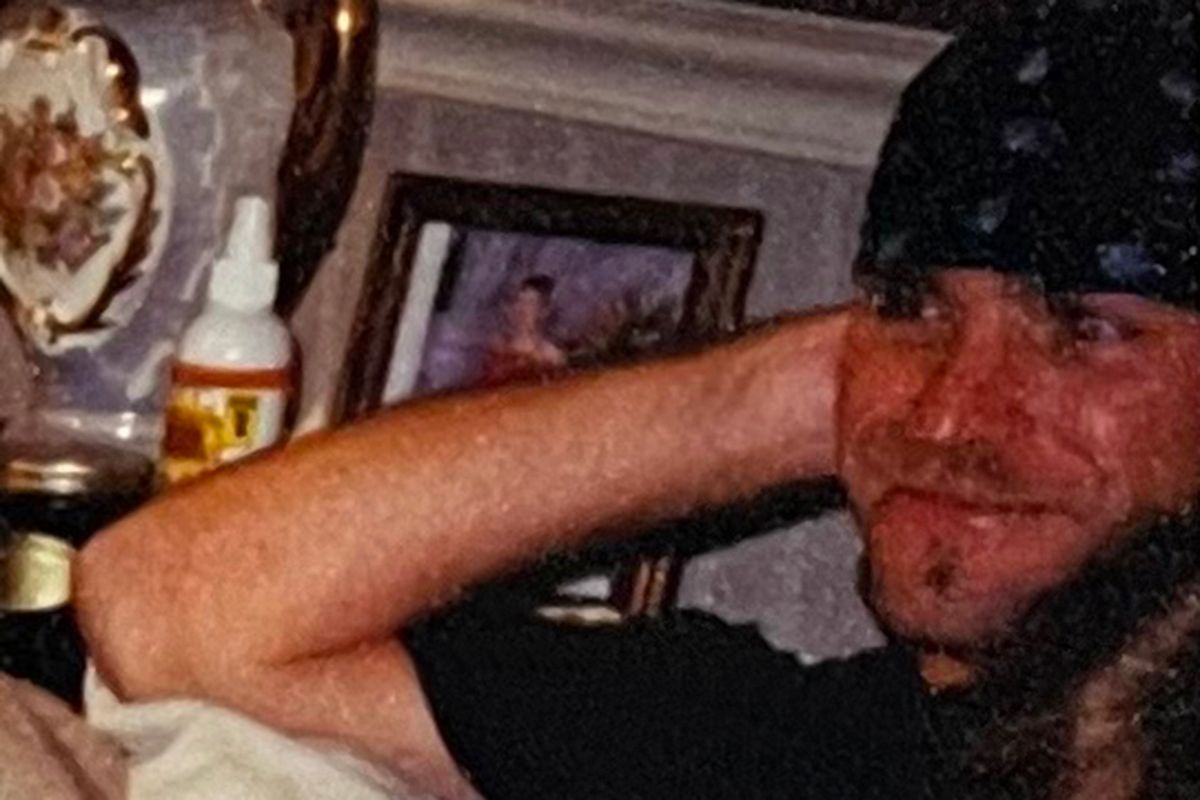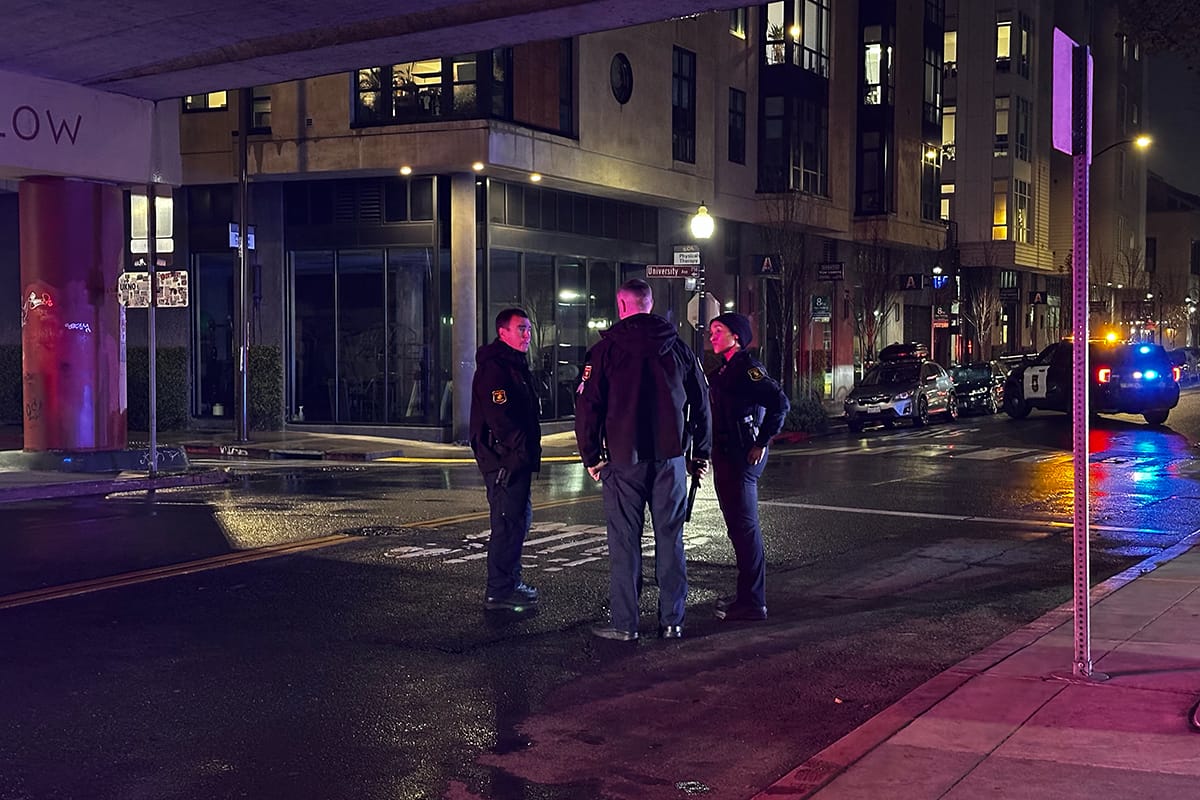TBS Today, Jan. 22
The man whose skeletal remains were found beneath an unused UC Berkeley building in 2021 died of "blunt force injury of the head," new records obtained by The Berkeley Scanner show.
UC Berkeley announced the discovery of the bones a year ago this month.
Since the bones came to light, many people have wondered about the story behind them. Limited information has been available.
That changed last week when we checked in with the coroner's office.
There are still open questions, but here's what we know. Don't miss the latest Scanner exclusive.

And, in case you missed our last story on Steven McCreary, from over the holidays, here it is again.

As a sidenote, this is one of those stories that everyone jumped on at the beginning, when UC Berkeley first announced the discovery of the skeleton, but then seemingly dropped.
Unlike the rest, we have doggedly stayed on the case and will continue to do so.
We were lucky along the way to make contact with Steven McCreary's family as well as the contractors who found the bones so that we could shed light on what really happened.
In other news
Also published since we last wrote: A man who told police he'd been wounded in a drive-by shooting in West Berkeley last week actually shot himself, authorities now say.
We had the scoop.

Did someone forward this email to you? Sign up for your own free headlines.


